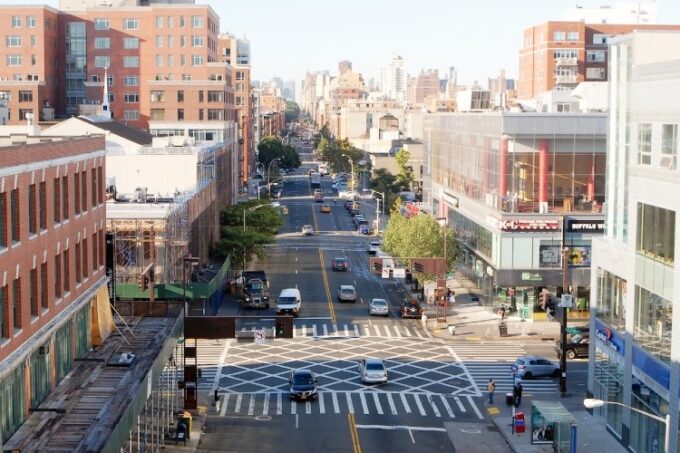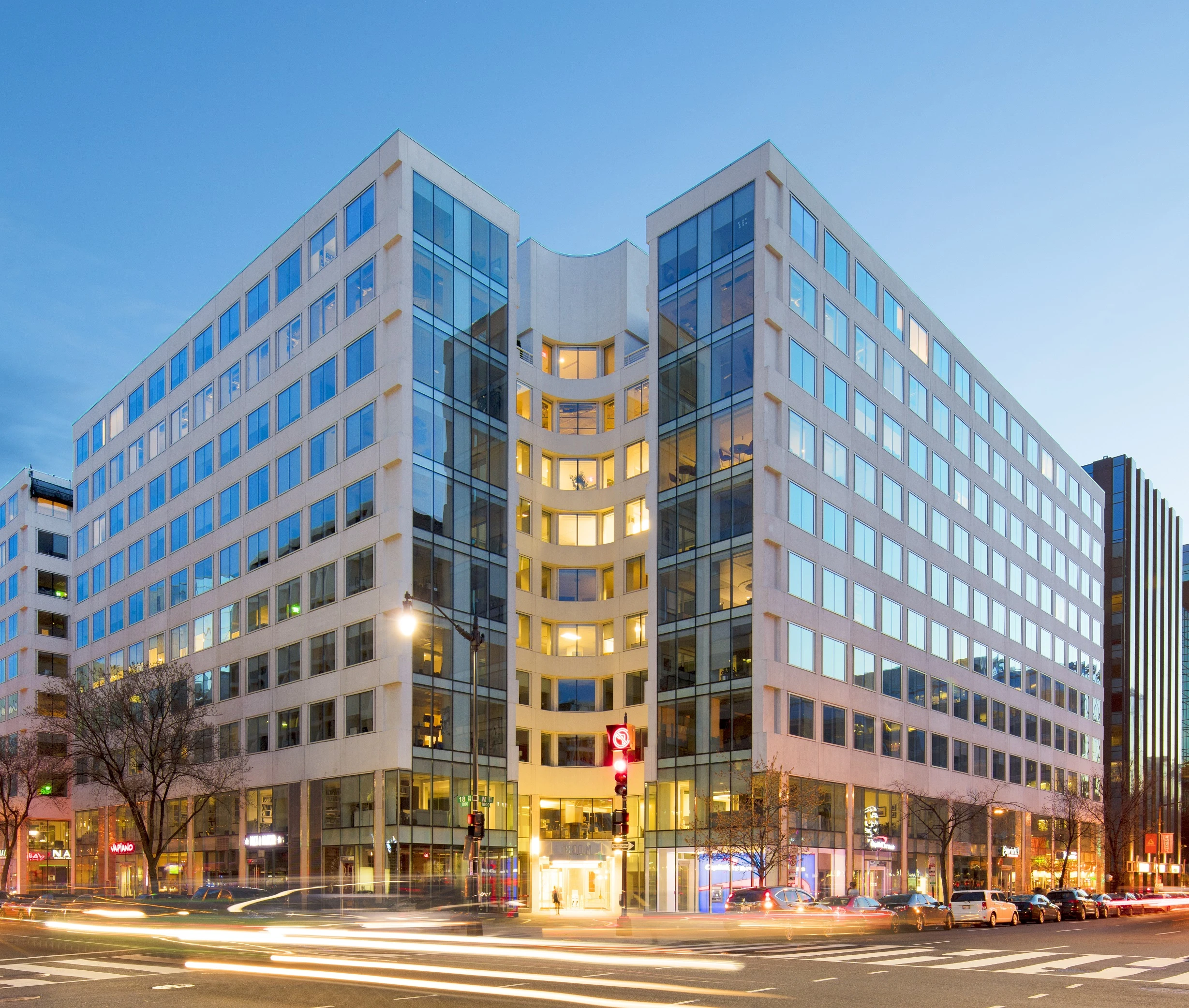The Columbia real estate market has been a hot topic of conversation among real estate professionals and prospective buyers alike. With its picturesque landscapes, thriving job market, and vibrant cultural scene, it’s no wonder that Columbia, South Carolina, is an attractive destination for homebuyers.
However, the city is not without its fair share of challenges, particularly when it comes to affordability and supply concerns. In this blog post, we will delve into the pressing issues facing the Columbia real estate market from the perspective of the real estate industry.
The Affordability Dilemma
Soaring Home Prices

One of the most prominent challenges in the Columbia real estate market is the skyrocketing home prices. Over the past few years, we have witnessed an unprecedented surge in housing costs, making it increasingly difficult for average-income families to afford a home. This surge can be attributed to a variety of factors, including low housing inventory, increased demand, and rising construction costs.
Zoning and Land Use Reform
Reforming zoning and land use policies can help create a more conducive environment for affordable housing development. This might involve rezoning certain areas to allow for higher density, mixed-use developments, or streamlining the permitting process.
Public-Private Partnerships
Collaborations between government entities and private developers can lead to the creation of affordable housing projects. Public-private partnerships can help leverage resources and expertise to address affordability challenges effectively.
Impact on Local Residents

The affordability crisis isn’t just about numbers; it’s about people. Many long-time Columbia residents find themselves struggling to keep up with the rising costs of homeownership. This issue has spurred debates about the long-term sustainability of the city’s housing market and its potential impact on the local community’s socioeconomic diversity.
Potential Solutions
To address affordability concerns, real estate professionals in Columbia must explore innovative solutions. Collaborations with local government agencies, developers, and non-profit organizations can pave the way for more affordable housing options. Additionally, incentivizing responsible development and zoning reforms may help alleviate the pressure on prices.
Supply Shortages
Insufficient Housing Inventory
Columbia’s rapid population growth has put immense pressure on the housing market. Demand for homes has outpaced the construction of new units, resulting in a significant shortage of available housing. This scarcity has led to bidding wars and a seller’s market, leaving many prospective buyers frustrated.
Rental Market Challenges

The supply shortage isn’t limited to the for-sale housing market. The rental market in Columbia is also feeling the pinch, with low vacancy rates and increasing rents. This poses challenges not only for renters but also for investors looking to capitalize on rental properties.
Preservation of Existing Affordable Housing
Efforts should be made to preserve existing affordable housing units, particularly in areas facing gentrification. This might involve the use of rent control or tax incentives for property owners who keep rents affordable.
Strategies for Increasing Supply
To combat supply shortages, real estate developers need to focus on constructing more housing units. Streamlining the permitting process and offering incentives for builders can help expedite construction. Additionally, repurposing underutilized commercial spaces into residential units is a viable option to increase supply in sought-after areas.
Infrastructure Investment

Investing in infrastructure, including public transportation and utilities, can unlock new areas for development and alleviate supply concerns. This can open up opportunities for more affordable housing options.
Community Engagement and Advocacy
Engaging with the community and advocacy groups is crucial for understanding the specific needs and concerns of residents. Involving the community in the planning and decision-making processes can lead to more inclusive and effective solutions.
Incentives for Diverse Housing Types
Offering incentives for the construction of diverse housing types, such as smaller homes, townhouses, and apartments, can provide more options for residents at different income levels.
Economic Growth and Its Impact
Columbia’s Economic Boom
Columbia has experienced remarkable economic growth in recent years, attracting businesses and job seekers from across the country. While this growth has brought prosperity to the city, it has also driven up real estate prices and placed additional strain on the housing market.
Balancing Growth and Sustainability
The challenge for the real estate industry lies in striking a balance between economic expansion and maintaining housing affordability. Without thoughtful planning, the city risks pricing out its own residents and potentially harming its long-term economic prospects.
Sustainable Development Practices
Promoting sustainable development practices, such as mixed-use zoning and transit-oriented development, can help ensure that Columbia continues to thrive economically while preserving its affordability. By fostering a diverse and inclusive community, the city can remain an attractive destination for both businesses and residents.
Conclusion
The challenges facing the Columbia real estate market, particularly those related to affordability and supply, are complex and multifaceted. However, they are not insurmountable. With a concerted effort from real estate professionals, government agencies, and the community at large, Columbia can continue to grow and prosper while addressing these pressing concerns. By implementing creative solutions and embracing sustainable development practices, the city can ensure that its real estate market remains vibrant and accessible to all.
In the ever-evolving landscape of Columbia’s real estate market, adaptability and collaboration will be the keys to success. As we navigate the road ahead, it is our collective responsibility to ensure that the dream of homeownership in this beautiful city remains within reach for everyone.
By promoting affordable housing development, reforming zoning and land use policies, and fostering public-private partnerships, Columbia can work towards ensuring that all residents have access to safe, affordable housing. Additionally, investments in infrastructure and a diverse range of housing types can contribute to a more inclusive and prosperous city.
Ultimately, tackling the challenges in the Columbia real estate market is not only a matter of economics but also a question of social equity and the overall well-being of the city’s residents. With thoughtful planning and collaboration, Columbia can overcome these challenges and create a more vibrant and sustainable housing market for all.









